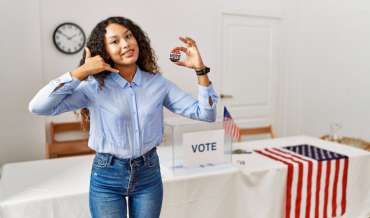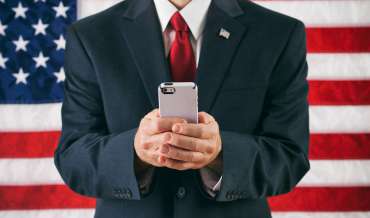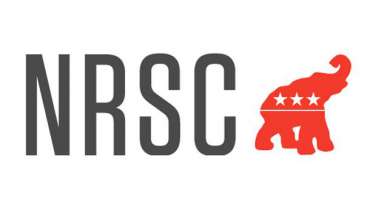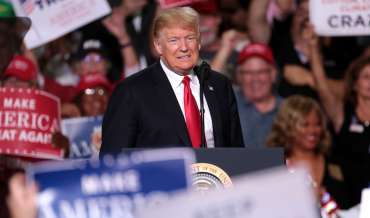Webinar Recap: What You Need to Know About Upcoming FCC Rulemaking, Exemptions, Robocall Mitigation, and More
Recently we hosted a entitled What You Need to Know About Upcoming FCC Rulemaking, Exemptions, Robocall Mitigation, and More. Hosted by Contact Center Compliance’s Chief Product Officer, Isaac Shloss, and with our esteemed guest Michele Shuster, Partner at MacMurray & Shuster LLP, this webinar covered a variety of important topics with nuance and depth.











